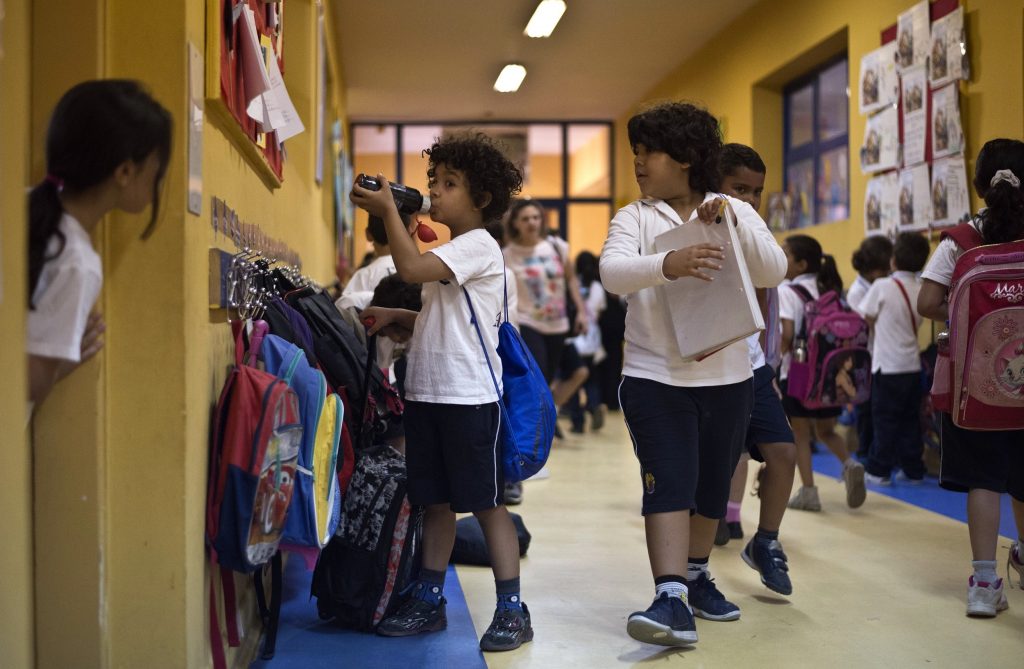
- ARAB NEWS
- 06 Jul 2025

Mohamed El-Shamaa
In a bid to improve its ailing education system, Egypt has called for help from Japan, which has a teaching sector recognized as one of the top five worldwide.
The Egyptian government decided not only to seek assistance but also to apply Japanese teaching techniques throughout the country after its education system fell to 130 in world rankings.
Japan’s approach to education transformed the country from a feudal to a modern state and from a country that relied on aid following World War II to an economic powerhouse that today provides aid to developing countries around the world.
During his visit to Japan in 2016, Egyptian President Abdel Fattah El-Sisi discussed political, economic and development programs with Japanese officials, and signed agreements in energy and renewable energy.
El-Sisi also sought to learn from the Japanese approach to education, visiting Japanese schools and urging Tokyo to help introduce the Japanese education system in Egypt. He praised the Japanese system’s emphasis on strengthening morals and discipline.
At the time, the Egyptian leader said that education plays a pivotal role in developing individuals who work for the best interests of the country and respect others.
As part of their cooperation in reforming education in Egypt, Japan’s embassy has strengthened cultural, technical and professional links between the two countries.
Japan has sent experts to Egypt to conduct seminars in schools focusing on basic education, which plays an essential role as a building block for future generations.
At one seminar, Japan underscored the importance of enhancing education by playing games during kindergarten and primary stages, which encourages children’s ability and desire to explore.
Education expert Ola El-Hazeq said in an interview that the Japanese system develops students’ sense of collective worth and responsibility toward society by starting with their surrounding environment, such as taking care of school buildings, equipment and furniture.
“Japanese schools are known for being clean,” El-Hazeq said. “The first thing that surprises a school visitor is finding sneakers placed neatly in a locker or on wooden shelves at the school entrance. Each sneaker has its owner’s name on it. This is a habit picked up at most primary and intermediate schools as well as in many high schools.”
At the end of the school day, many Japanese students also clean their classrooms and tidy playground areas.
Teachers frequently join students at certain times of the day to clean not only the schools but also public gardens and beaches during the summer holidays. Neither teachers nor students feel it is beneath their dignity to carry out such chores, El-Hazeq added.
The academic year in Japan continues for almost 11 months, longer than in most countries.
School hours are also longer in comparison with other countries. Usually the school day is from 8 a.m. to 4 p.m. Teachers work until 5 p.m. but can work until 7 p.m.
Holidays are shorter than in other countries. Spring and winter holidays are no more than 10 days each. The summer holiday ranges from 40 to 45 days.